Choosing your next vehicle has become more complex than ever as the automotive landscape continues evolving. While traditional gasoline-powered vehicles remain popular, hybrid and electric vehicles have matured significantly, offering compelling alternatives for many drivers. Understanding the real-world implications of each powertrain type helps you make an informed decision that aligns with your lifestyle, budget, and environmental priorities.
Breaking Down the Basics
Modern vehicle powertrains each offer distinct advantages and compromises. Pure electric vehicles deliver instant torque, zero direct emissions, and potentially lower operating costs, but require more planning around charging. Hybrids blend gasoline and electric power to provide improved efficiency without charging requirements, while traditional gasoline vehicles offer familiarity and proven reliability.
The True Cost Equation
Purchase price represents just one component of vehicle ownership costs. Electric vehicles typically carry higher initial costs but often deliver lower operating expenses through reduced fuel and maintenance needs. Traditional gasoline vehicles usually cost less upfront but incur higher ongoing fuel and maintenance expenses. Hybrids often strike a middle ground, with moderate purchase prices and reduced operating costs.
Maintenance Reality Check
Each powertrain type brings unique maintenance considerations. Electric vehicles eliminate many traditional maintenance items like oil changes and timing belts but may require specialized service providers. Hybrid vehicles combine elements of both electric and gasoline systems, potentially increasing complexity but benefiting from mature technology. Gasoline vehicles offer the widest service network but require the most regular maintenance.
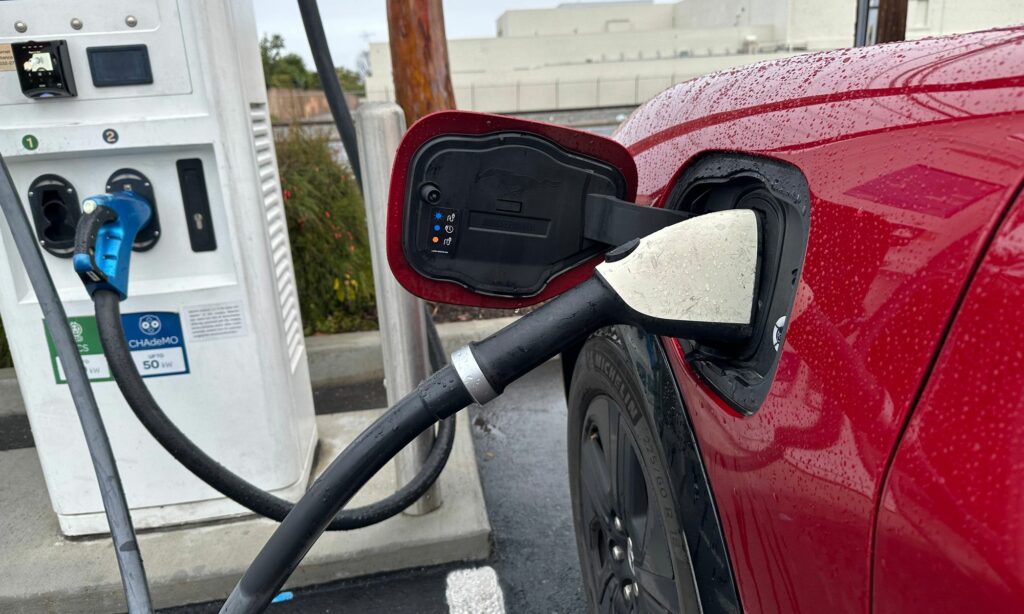
Infrastructure Considerations
Charging infrastructure continues expanding for electric vehicles, but availability varies significantly by region. Urban areas typically offer abundant charging options, while rural regions might have limited access. Home charging capability greatly influences the practicality of electric vehicle ownership. Gasoline and hybrid vehicles benefit from extensive existing fuel networks but remain vulnerable to fuel price fluctuations.
Environmental Impact Analysis
While electric vehicles produce zero direct emissions, their overall environmental impact depends heavily on local power generation sources. Regions using primarily renewable energy maximize environmental benefits, while areas relying on coal power reduce these advantages. Hybrids consistently deliver reduced emissions compared to traditional gasoline vehicles, while modern gasoline engines continue improving their efficiency.
Daily Driving Dynamics
Each powertrain type delivers a distinct driving experience. Electric vehicles provide smooth, quiet operation with instant torque delivery. Hybrids seamlessly blend power sources while optimizing efficiency. Traditional gasoline vehicles offer familiar performance characteristics and often excel in specific applications like towing or high-performance driving.
Range and Refueling Reality
Driving range and refueling convenience significantly impact vehicle usability. Modern electric vehicles offer increasingly practical ranges but require longer charging times compared to quick gasoline fillups. Hybrids eliminate charging concerns while delivering extended range between fuel stops. Gasoline vehicles provide extensive range and quick refueling but require more frequent stops compared to hybrids.
Climate Considerations
Weather conditions affect each powertrain type differently. Electric vehicle range typically decreases in extreme temperatures, particularly cold weather. Hybrids generally maintain consistent performance across temperature ranges while benefiting from regenerative braking in varied conditions. Traditional gasoline vehicles perform consistently in extreme temperatures but may experience reduced efficiency.
Technology Integration
Modern vehicles increasingly integrate advanced technology regardless of powertrain type. Electric vehicles often lead in technology adoption, featuring sophisticated power management and connectivity systems. Hybrids leverage technology to optimize power delivery and efficiency, while gasoline vehicles incorporate advanced engine management and driver assistance features.
Resale Value Projections
Resale value considerations continue evolving as the market matures. Electric vehicle values depend heavily on battery condition and technology advancement. Hybrid vehicles have demonstrated stable resale values, benefiting from proven technology and consistent demand. Traditional gasoline vehicles maintain predictable depreciation patterns but may face increasing pressure from evolving regulations and market preferences.
Space and Utility Trade-offs
Battery placement affects vehicle design and utility. Electric vehicles often offer additional storage space through front trunks but may have specialized cargo requirements. Hybrids sometimes sacrifice some cargo space for battery storage but generally maintain practical utility. Gasoline vehicles provide consistent cargo capacity without compromise for power system components.
Long-term Ownership Perspective
Consider how long you plan to keep your next vehicle. Electric vehicle technology continues advancing rapidly, potentially affecting long-term value. Hybrids offer proven longevity with established technology. Traditional gasoline vehicles provide predictable long-term ownership experiences but may face increasing operational costs over time.
Insurance and Registration Impact
Insurance costs vary by powertrain type and region. Electric vehicles often cost more to insure due to higher repair costs and specialized parts. Hybrid insurance costs typically align with comparable gasoline vehicles. Some regions offer reduced registration fees or tax incentives for electric and hybrid vehicles, affecting total ownership costs.
Future-Proofing Your Purchase
Regulatory changes and market evolution may affect future vehicle operation costs and practicality. Electric vehicles align with increasing environmental regulations but depend on charging infrastructure development. Hybrids offer a bridge technology that reduces environmental impact while maintaining flexibility. Gasoline vehicles may face increasing operational costs through fuel prices and potential regulatory changes.
Making Your Decision
Choosing between electric, hybrid, and gasoline vehicles requires careful consideration of your specific circumstances. Consider your daily driving patterns, charging or fueling access, climate conditions, and long-term ownership plans. Factor in purchase price, operating costs, and potential regulatory changes affecting future use.
The ideal choice varies significantly based on individual circumstances. Urban drivers with home charging access might find electric vehicles particularly practical. Drivers covering variable distances or lacking convenient charging might prefer hybrids. Those requiring maximum flexibility or specific capabilities might still find traditional gasoline vehicles most suitable.
Remember that no single solution fits every situation. Carefully evaluating your specific needs against each powertrain type’s characteristics helps ensure your next vehicle choice provides satisfying, practical transportation for years to come.







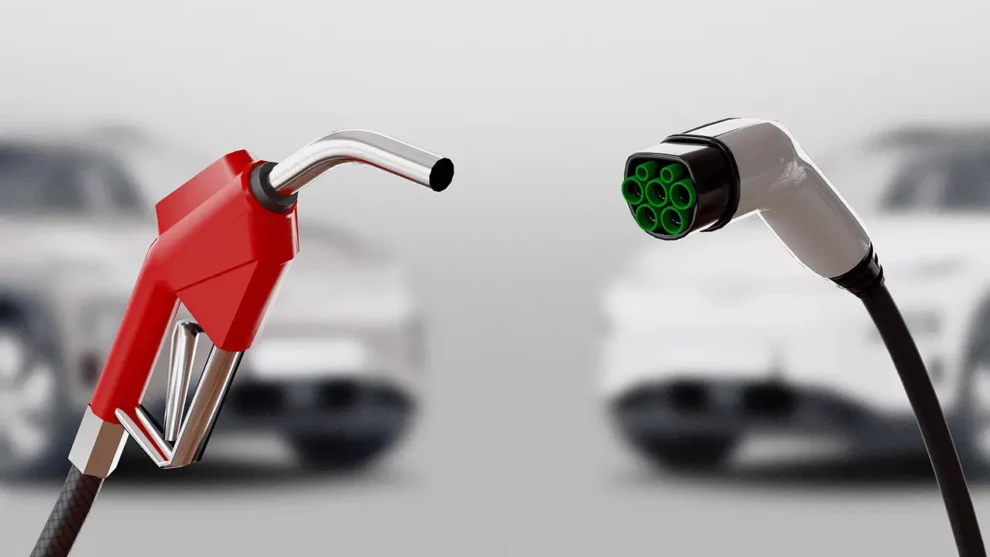
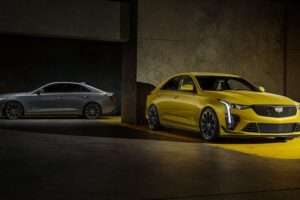
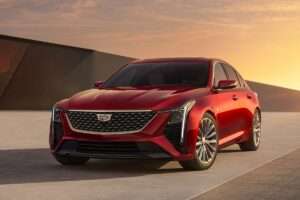
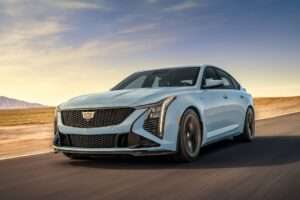





Add Comment